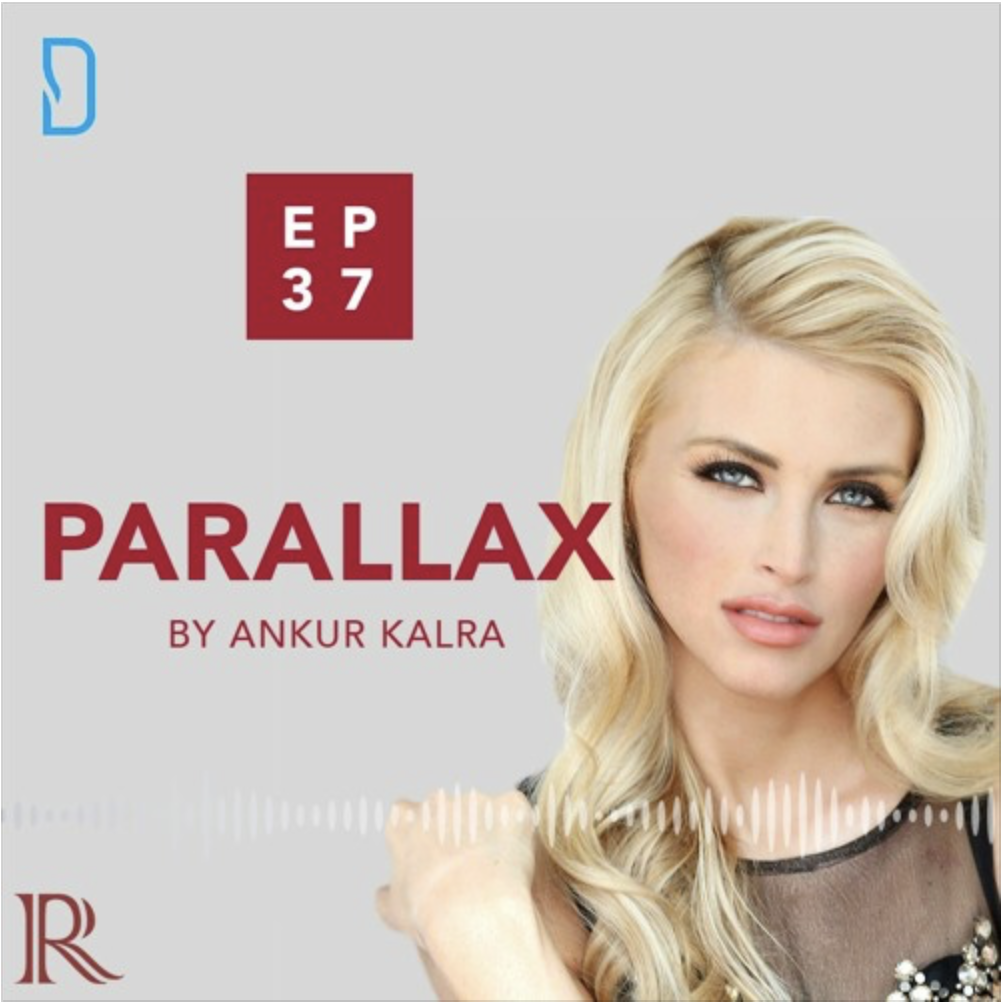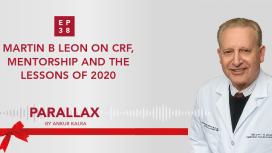
This week Parallax welcomed its first non-physician/researcher guest: health advocate Lindsay Davis. Lindsay, ballerina with ambitions to study at Julliard, was experiencing the symptoms of hypertrophic cardiomyopathy (HCM) from her early teens, but she had not been diagnosed until she was 17. Years later, after her agents asked her to hide her heart condition when on film sets, she felt compelled to create a platform where she can share her experience and support others living with HCM.
In this episode Ankur asks Lindsay about her treatment path. Lindsay recalls her own journey to taking control of her condition and the important role of information in patient adherence. Lindsay, former Miss Ohio, talks how she used the pageant to create awareness. Lindsay talks about work in state legislation and her plans for 2021.
What is Lindsay Davis’ advice to other people living with a health condition? What is Lindsay’s message to physicians? How did Lindsay use her experiences to create positive changes in the lives of many?
Hosted by @AnkurKalraMD.
Produced by @RadcliffeCARDIO. Submit your questions to Ankur via: podcast@radcliffe-group.com.

Brought to you by Edwards: www.edwardstavr.com

What makes Dr Martin B Leon tick? What is his message to cardiologists and/or researchers at the beginning of their careers? How did the pandemic and his work as a clinician in New York change his perspective?


US Cardiology Review journal, has recently seen a 7-fold increase in female editorial board members in response to journal-based strategic initiatives and the stellar work of USC editorial board leadership, Ankur Kalra (Editor in Chief) and Bill Gogas (Deputy Editor in Chief), who were keen to drive this change. With thanks to Dr Anastasia Mihailidou’s tenure as a new board member and her suggested nominees, ten new female board members have recently joined US Cardiology Review’s editorial board.

In this episode, Mike opens up about his childhood in Stilwell, Oklahoma. Ankur and Mike discuss how the inductive quality of art can complement the deductive principles of science. Mike recalls earlier stages of his career and warns about the blinding effect of the ego-driven, competitive culture of cardiology. Ankur asks Mike about fatherhood and about his role as an educator.
What does it mean to be fearless as a medical professional? How can you protect yourself from the emotional toll of the profession? What is Mike’s advice to early career cardiologists?
Sponsored by Edwards.

During her interventional cardiology fellowship, Dr Baron became fascinated by the implementation of novel technologies. She earned her degree in Clinical Epidemiology and spent a year working at the FDA’s Device Evaluation unit.
In 2019 Dr Baron presented the results of her late-breaking trial, COAPT. Ankur invites Suzanne to discuss the economic analysis of the study and to give a short introduction to cost-effectiveness analysis. Suzanne provides an overview of the trial and they talk about the importance of understanding the value and benefits of new devices from both the patient and the health-economic point of viewpoint.

How should you start building a research programme? What are Chuck Simonton’s thoughts on the relationship between doctors and the industry? What is Chuck’s message to young cardiologists?

After the #MedBikini campaign provoked by a misogynistic study that scrutinized female doctors’ social media posts, this episode is about creating a safer environment for female healthcare professionals.





